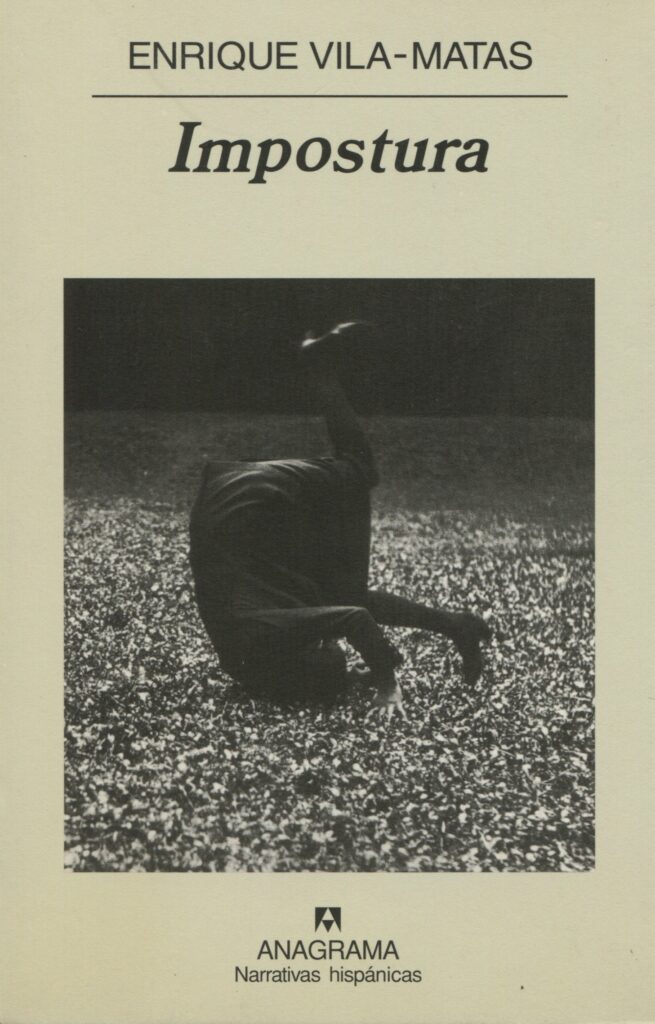«A story told with skill, which reveals to us that its author is a natural-born writer.» L. Azancot, Abc
«An extremely accomplished work that makes you put your hand to your mouth if you don’t want to get a fly stuck in your throat. A delight.» Víctor Moreno, Egin
«A radical departure from the usual canons of realism. One of our most original and restless young new storytellers.» Mercedes Monmany, Diario 16
«Enrique Vila-Matas is one of the most malign authors and the worst enemy of public morale that has ever been written about.» Jordi Llovet, La Vanguardia
France: Bourgois; French Pocket: Titres
